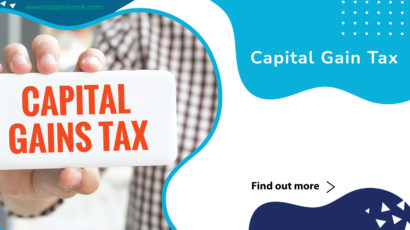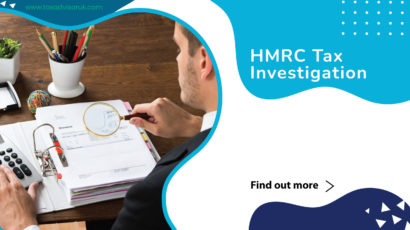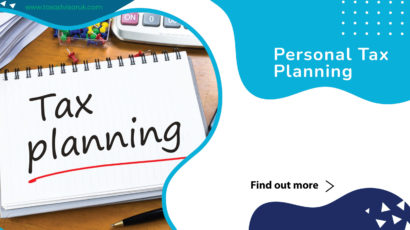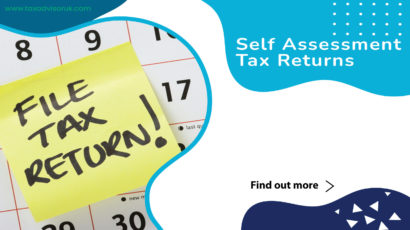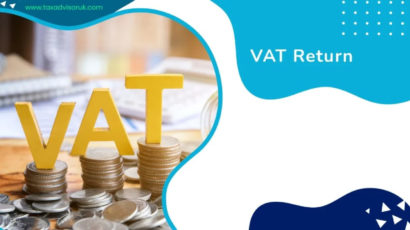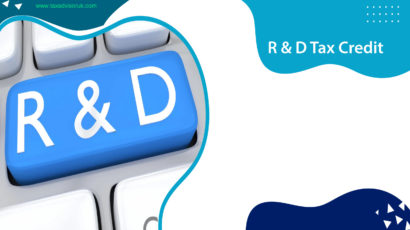Knowing how much your company is worth at any one time is crucial for various reasons. It might assist you figure out how to add more value or where you’re carrying extra baggage.
Valuing a firm might also help you achieve a fair price if you need to guarantee loans or sell it. Any prospective purchasers will want to know how much money they can expect to make from the firm in the future, as well as what the risks are.
We look at the many methods for calculating the value of your company.
Why would you want to know?
When it comes to valuing a company, there are three key reasons to do so, which we will discuss below.
When you’re looking to sell or grow your business.
Only by determining the genuine value of your company can you determine the best ways to expand it.
Perhaps you need to update your equipment or structures, and you need to know what they are worth right now as a starting point. It can also assist you in setting more realistic expectations for the selling process.
Goal setting and motivation
Regular valuation can not only assist monitor and incentivize business performance, but it also allows the organisation to focus on topics that are vital to it.
So, in addition to recognising the organization’s overall value, breaking it down into areas can help you focus your attention.
Perhaps you’re attempting to improve your green credentials or move your firm online. An up-to-date business valuation can show you where you should concentrate your efforts for future growth and progress.
Raising equity capital
Because you’ll have a better understanding of what new shares should be worth, valuing a limited business can help you agree on a price for any additional shares you issue. It can also assist you in creating an internal stock market where employees can purchase and sell company stock at a reasonable price.
How do you actually value a business?
There isn’t a single “correct” approach to value a business; it’s more of a “art form.” Business owners and brokers frequently employ a variety of techniques in order to have a better understanding of the big picture.
Why? Because every business is unique and can be somewhat complicated. It’s the ancient adage that “a house is only worth what a buyer is willing to pay for it.”
In business, it’s the same way; worth is very much in the eye of the beholder. However, there are a few typical ways to evaluate a firm in the United Kingdom, which we’ll go over next!
1. Assets
This method will generally work best if your company has a large amount of tangible assets. Tangible assets, such as stock and inventory, buildings, machinery, and equipment, have a tangible shape that makes calculating their value easier. Intangible assets, such as intellectual property and brand reputation, are more difficult to evaluate because they are not tangible.
Your accounts will reflect the net value of your firm assets (at least the tangible ones), however you’ll also need to account for asset depreciation and other obligations. It’s for this reason that correctly managing your assets is so important.
The value of goodwill
It’s worth mentioning that valuing your company only on its assets isn’t always the most profitable approach. It’s a little simple because it believes there’s no such thing as ‘goodwill’ in business, which may be really useful.
This is the market value of your brand, which has grown through time and is recognised by customers as an indication of quality assurance.
2. Price/earnings ratio
The price/earnings method (also known as the multiple of profits) is best suited to companies that have a long history of profitability. It works in the following way:
adjusting monthly or annual profits to account for any unusual events (like one-off large costs or purchases). This offers you a far better notion of how much money you’ll make in the future.
Adding additional costs or gains made by the company after it has received new investment or has been sold. This results in a final profit figure known as a “normalised profit.”
Taking the common industry practices and multiplying it by a normalised profit (generally 3 to 5).
Your price-earnings ratio will be the result, and it will provide you an indication of value.
3. Comparables
This is a tried and true way of evaluating a company in the United Kingdom. It entails researching at what similar firms have sold for in recent years and determining a value for your own company based on that information.
It’s similar to when you sell a house. Before deciding on an asking price, you research what other homes of similar size and specification have sold for in your neighbourhood.
4. Discounted cash flow
Discounted cash flow is a frequent approach to value a heavily invested organisation with a predictable, consistent cash flow that has been established for a long period.
The only issue is that obtaining a business value is a lengthy process. This strategy is significantly reliant on assumptions about future business conditions. However, if COVID-19 has taught us anything, it is that life is unpredictable unpredictable!
How does it work?
The discounted cash flow approach provides a reasonably accurate assessment of the current value of a future cash flow stream. The valuation is calculated as the sum of the dividends expected over the next 15/16 years, plus a residual value determined when the period finishes.
A discount interest rate is used to calculate the current value of future dividends (generally ranging from 15 percent to 25 percent ). This takes into account the risk as well as the time value of money (the idea that a £1 received now is worth more than an identical amount received later).
If the firm is worth more than the cost of investing in it, it’s a potentially profitable venture.
5. Entry cost valuation
This is where a business’s value is calculated by determining how much it would cost to start up a nearly identical business from the beginning.
It takes into account all of the associated costs, such as hiring and firing employees, acquiring inventory, providing training, establishing a client base, and purchasing or leasing assets. Basically everything!
6. Industry rules of thumb
Almost every industry has its own set of standards for valuing enterprises. Retail businesses, for example, are frequently valued based on their turnover, number of locations, or number of consumers.
However, in a separate industry, such as computer repair, a company’s value is frequently determined only by its turnover. The size of an estate agency will be determined by the number of branches it has, and so on.
What is the best way to value a business?
Individuals and companies buy firms for a variety of purposes, including lowering competition, increasing client numbers, and merging with another brand.
The purchaser, much like with house sales, needs to know the value of what they’re getting. However, as previously said, this isn’t a “one size fits all” situation.
Buyer versus seller value
Negotiations between buyers and sellers may cause the value of a property to change over time. For example, if you have a huge fixed asset that you believe is worth X but your buyer only thinks it is worth Y, your final value will most certainly be affected.
As the seller of your business, you’re also more likely to emphasise the potential rewards for your buyer and why it’s a worthwhile investment.
The buyer’s attention will most likely be drawn to the dangers. Realistic appraisals take both of these factors into account.
In a word, if you just want a basic notion of how much your business is worth, adding up your assets may be sufficient. If you want anything more thorough, however, you’ll need to consider a lot more variables.
How do venture capitalists value companies?
Before we wrap up, we thought it would be interesting to take a look at business valuation from the perspective of a venture capitalist (VC). Getting VC buy-in is, after all, a popular reason for wanting to know how much your company is worth.
When it comes to business valuation, professional investors, such as venture capitalists, adopt a slightly different approach. Profit, assets, and comparable companies are all considered, but they compare them to their exit valuation rather than their entry valuation.
They look at the rate of growth and combine it with a predetermined rate of return and an exit multiple from comparable companies. This permits them to figure out how much money they’re willing to give.
Keep in mind that selling a high-growth company to a venture capitalist can be much more (or much less) profitable than selling to another company or individual.
How TaxAdvisor UK can help
At TaxAdvisor UK , our experts will provide you 30 minutes free consultation and help you in managing all your tax and accounting work. Speak to our expert accountants, tax advisor on (0203) 5381276 or fill an online form today. We can have a consultation session over the phone, virtual or face to face meeting and will provide you with a no obligation fixed quote.




